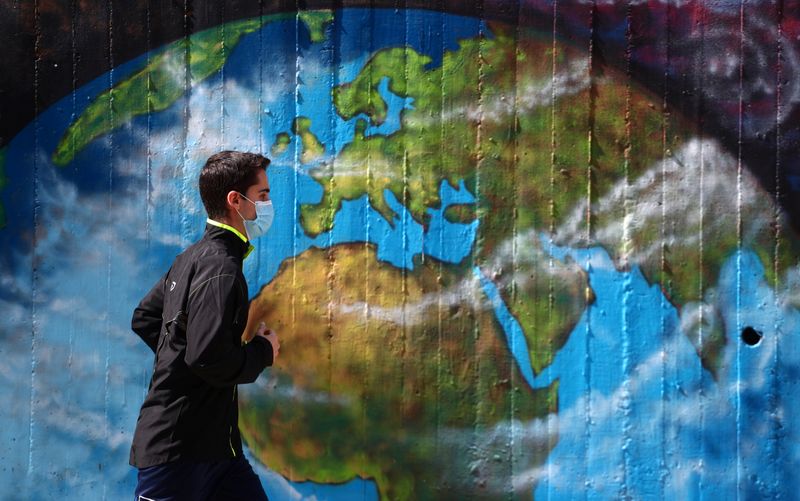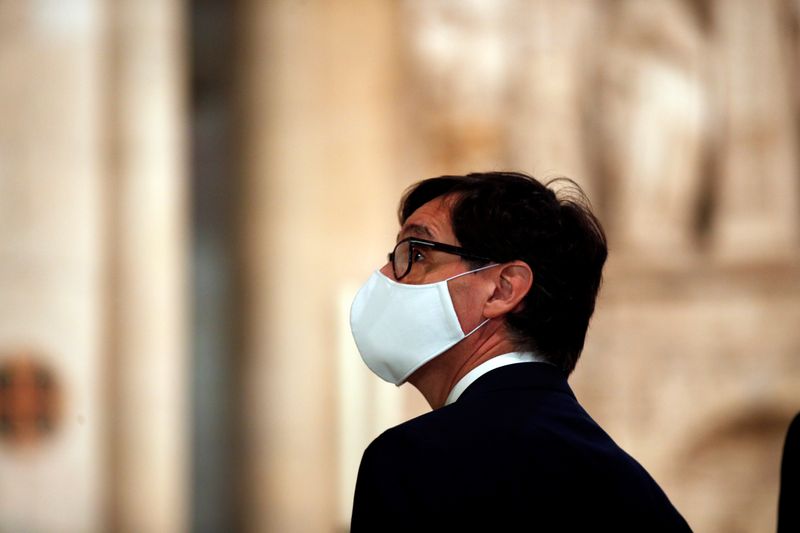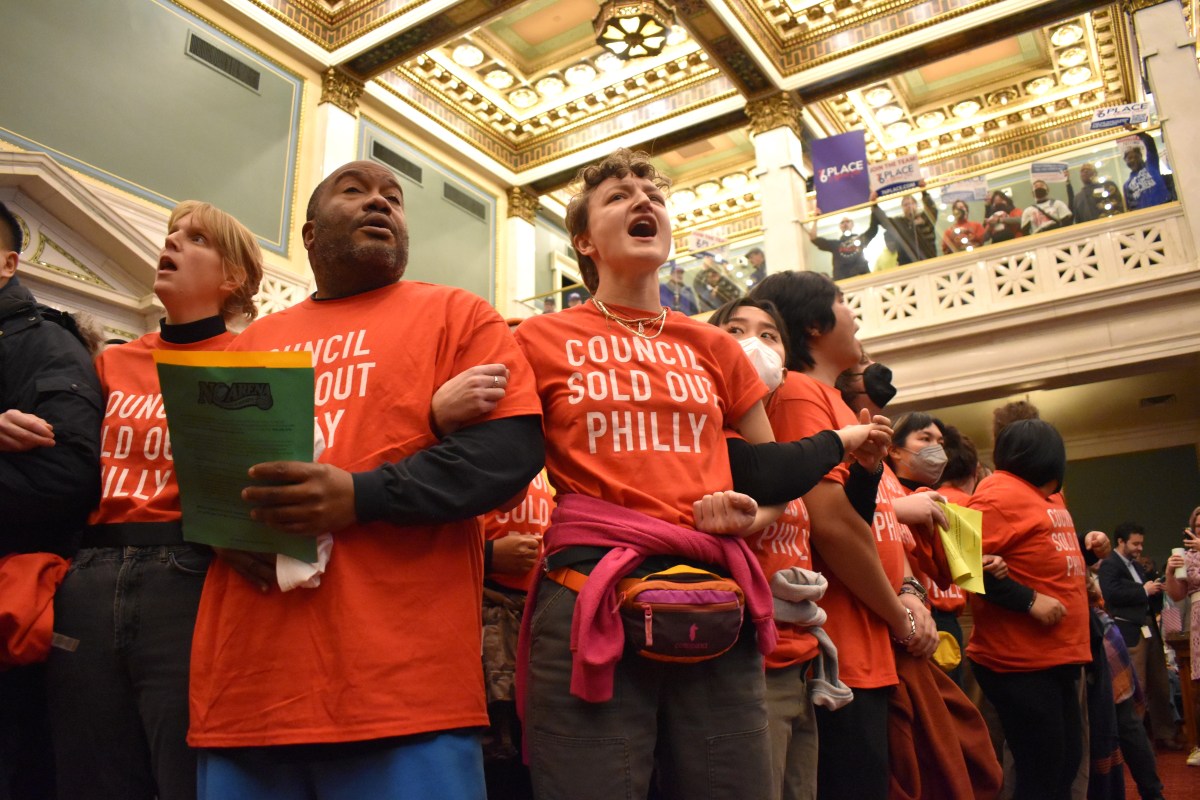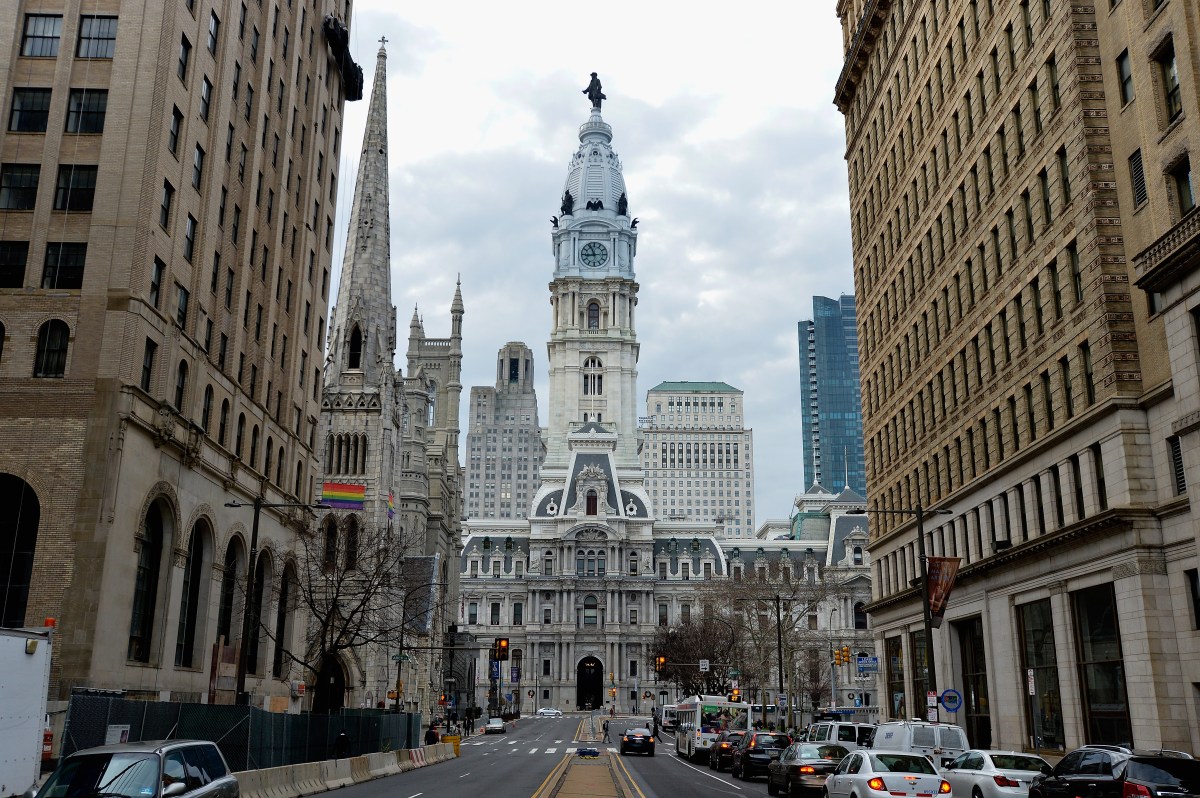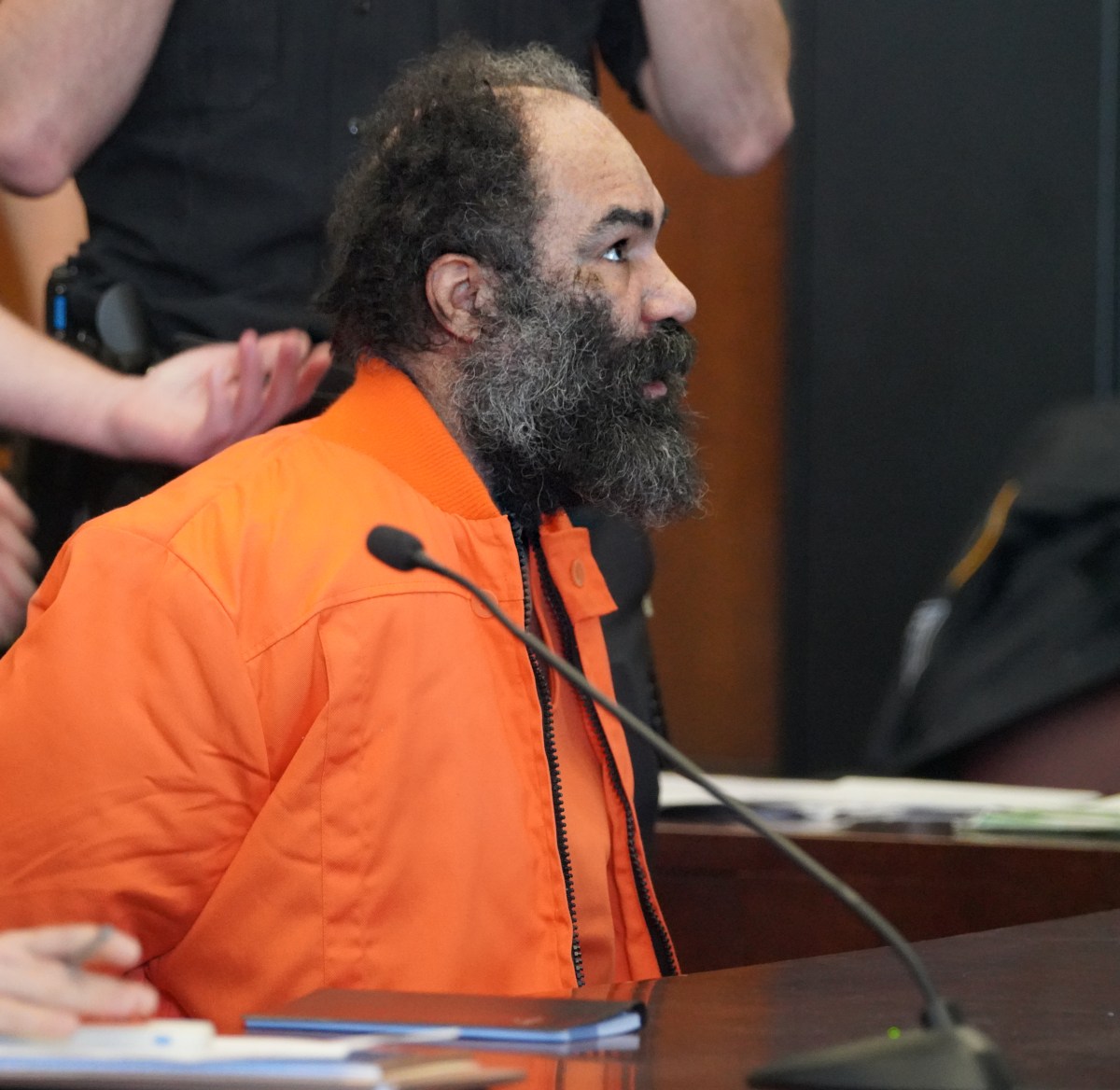MADRID (Reuters) – Residents of infection hotspot Madrid are to be barred from leaving except on essential trips under new rules to fight the coronavirus resurgence, Spain’s government said on Wednesday.
But regional authorities said the decision had no legal basis, setting the stage for a political showdown in an area accounting for more than a third of Spain’s 133,604 new cases in the past two weeks.
“Madrid’s health is Spain’s health. Madrid is special,” Health Minister Salvador Illa told a news conference to announce the new regulations, due to come into force in days.
The capital city, with more than 3 million people, and nine surrounding municipalities with at least 100,000 inhabitants each, are to see borders closed to outsiders for non-essential visits, the government said.
People would be allowed to cross boundaries for work, school, doctors’ visits or shopping, but not for leisure.
Other measures include the closure of bars and restaurants at 11 p.m., from a previous curfew of 1 a.m., as well as shutting parks and playgrounds.
Social gatherings will be limited to six people.
Madrid has 735 cases per 100,000 people, one of the highest of any region in Europe and double Spain’s national rate.
The conservative regional assembly had already enforced localised lockdowns in 45, mostly poor districts, often with a high immigrant population.
But the wider restrictions announced by Illa see the Socialist-led central government override the regional authority after weeks of fighting over what should be done.
“The decision is not valid legally,” regional health chief Enrique Ruiz Escudero repeatedly told a news conference of the lockdown plan, even though the local authorities had seemingly accepted some steps on Tuesday. “The Spanish government is in a hurry to intervene in Madrid but not to defeat the virus.”
Escudero did not specify what measures regional authorities may take to oppose the lockdown.
Political polarisation over the pandemic has exasperated people in Spain, which has recorded 769,188 cases – the highest in Western Europe – and 31,791 deaths.
(Reporting by Nathan Allen, Belén Carreño and Ingrid Melander; Editing by Angus MacSwan, Kirsten Donovan and Andrew Cawthorne)

